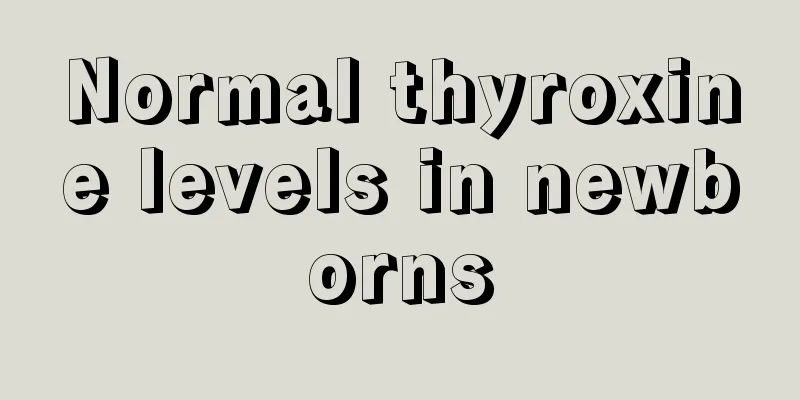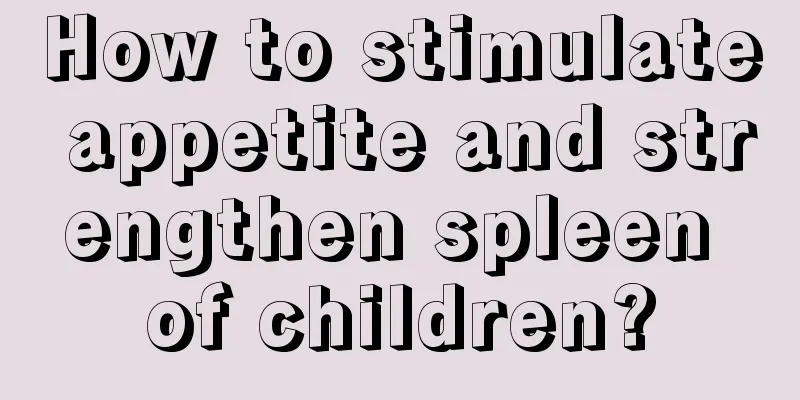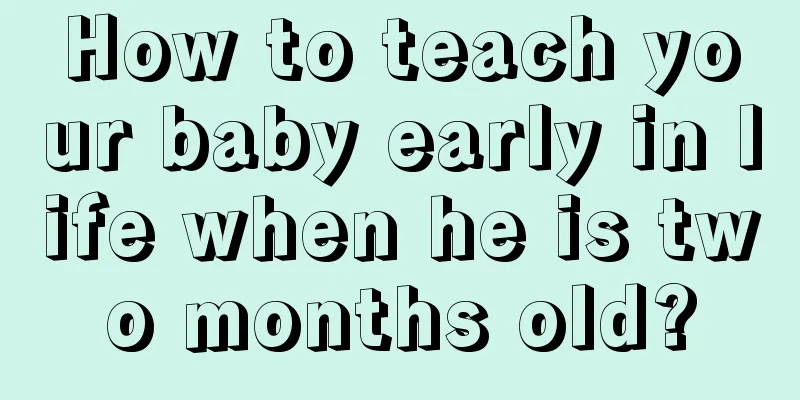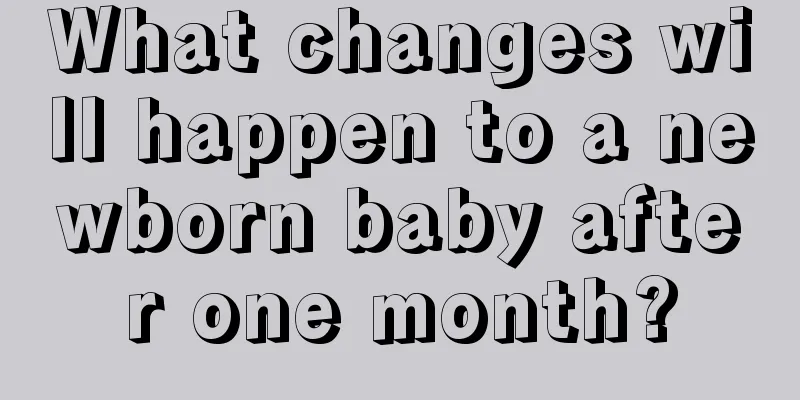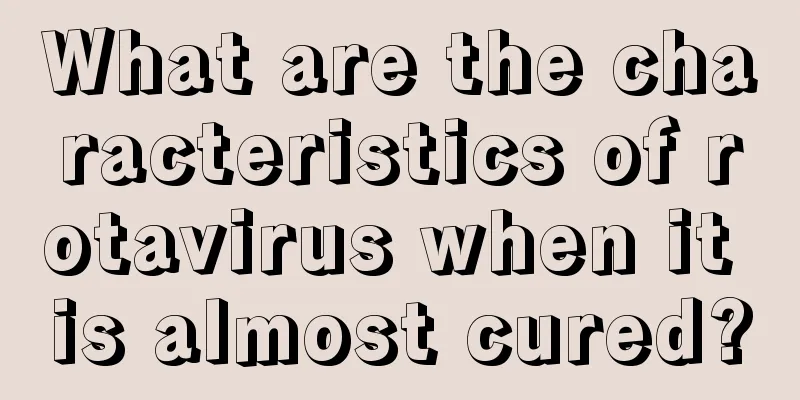At what age should children receive vaccinations?
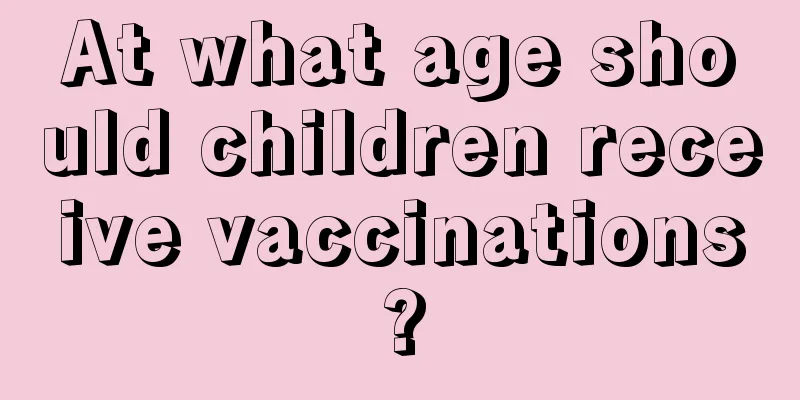
|
Many children need to be vaccinated after they are born. They need to receive different vaccines every year. Parents will feel very distressed when getting vaccinated. Children need to be vaccinated until they are about 12 years old, because different vaccines need to be received at this stage to ensure good health and not easily get sick. In addition to vaccines, they also need to take sugar pills. Vaccination schedule From birth to 12 years old, babies need to be injected with various vaccines. Within 24 hours of birth, they need to be vaccinated with hepatitis B vaccine and BCG vaccine. At 2-4 months, they need to be vaccinated with polio sugar pills every month and have regular injections of pertussis vaccine. Children aged 1-6 years old should be injected with Japanese encephalitis vaccine, hepatitis A vaccine, measles vaccine, etc. The specific vaccination time is: 1. Class I vaccines Within 24 hours of birth: Hepatitis B vaccine - first shot; BCG - initial shot; 1 month old: Hepatitis B vaccine - second dose; 2 months old: Polio sugar pills - first shot; 3 months old: polio sugar pills - second shot; diphtheria, pertussis and tetanus vaccine - first shot; 4 months old: polio sugar pills - the third shot; diphtheria, pertussis and tetanus vaccine - the second shot; 6 months old: DPT vaccine - third dose; Hepatitis B vaccine - third dose; Group A meningococcal vaccine - first dose; 8 months: Measles vaccine - first shot; 9 months: Group A meningococcal vaccine - second dose; 1 year old: Japanese encephalitis vaccine - initial vaccination; 1.5 to 2 years old: DTP vaccine - booster; polio sugar pill - partial booster; Japanese encephalitis vaccine - booster; hepatitis A vaccine; 3 years old: Group A meningococcal vaccine - the third dose (group A+C meningococcal vaccines can also be used) 4 years old: Polio vaccine – booster shot; 6 years old: measles vaccine - booster shot; diphtheria-pertussis vaccine - booster shot; Japanese encephalitis vaccine - third shot; Group A meningococcal vaccine - fourth shot; 12 years old: BCG booster shot. The period from birth to 18 months of age is the "intensive period" for vaccination. During this period, parents have to take their children to relevant units for vaccination once a month on average. Before the age of 6, children need to receive 24 vaccinations. 2. Category II vaccines Group A+C meningococcal vaccine: 1 injection at 3 years old, with booster injections at 6 and 9 years old. Acellular DPT vaccine: can replace whole-cell DPT vaccine, and the vaccination procedure is the same as that of whole-cell DPT vaccine. MMR vaccine: one injection at 1.5-2 years old, and a booster injection 4 years after basic immunization. Live attenuated hepatitis A vaccine or inactivated hepatitis A vaccine: The live attenuated hepatitis A vaccine is administered once at the age of 2 years, and a booster shot is given 4 years later. The inactivated vaccine is given as two doses at an interval of 6 months for children aged 1-16 years, and as one dose for children aged 16 years and above. Varicella vaccine: 1 dose for children aged 1-12 years. Haemophilus influenzae type B vaccine: one injection each at 2, 4, and 6 months of age; one injection is sufficient for children over 12 months of age. Influenza vaccine: 2 injections per year for children aged 1-3 years, with 1 month interval between injections. For children over 3 years old, vaccination should be given once a year. |
<<: What to do if your child is allergic to eggs
>>: Three-year-old child walks unsteadily
Recommend
Reasons for hair loss in two-month-old babies
After giving birth, many young mothers are always...
Baby's night sleep time
A baby’s daily routine is completely irregular, e...
What to do if sand gets into a child's eyes
Children often encounter the situation of sand or...
Why does the baby yawn and shed tears?
For a family, the baby's healthy growth is th...
Treatment of red spots on baby's body
The incidence of red spots on babies' bodies ...
The child has repeated fever within one month
Nowadays, most colds are caused by bacteria. Babi...
Is a child's fever of 386 degrees serious?
Many children will develop diseases due to some r...
What is the anesthesia method for pediatric hernia surgery?
Pediatric hernia is an intestinal disease that is...
What to do if your child has a fever and itches
Fever is a very common disease in life. In most c...
How many times a day is normal for a newborn baby to poop?
For many parents, in order to ensure that their c...
What are the measures to deal with children's itchy nose
What are the measures to deal with children's...
Is sinusitis in children easy to treat?
The condition of pediatric sinusitis may cause ou...
What should I do if my child has synovitis? These methods have proven to be effective
Synovitis is a disease that can cause greater har...
2 month old baby cold symptoms
Colds are a common disease in our lives. When we ...
What to do if your baby spits up milk and has phlegm
A baby's health concerns the life of a family...


